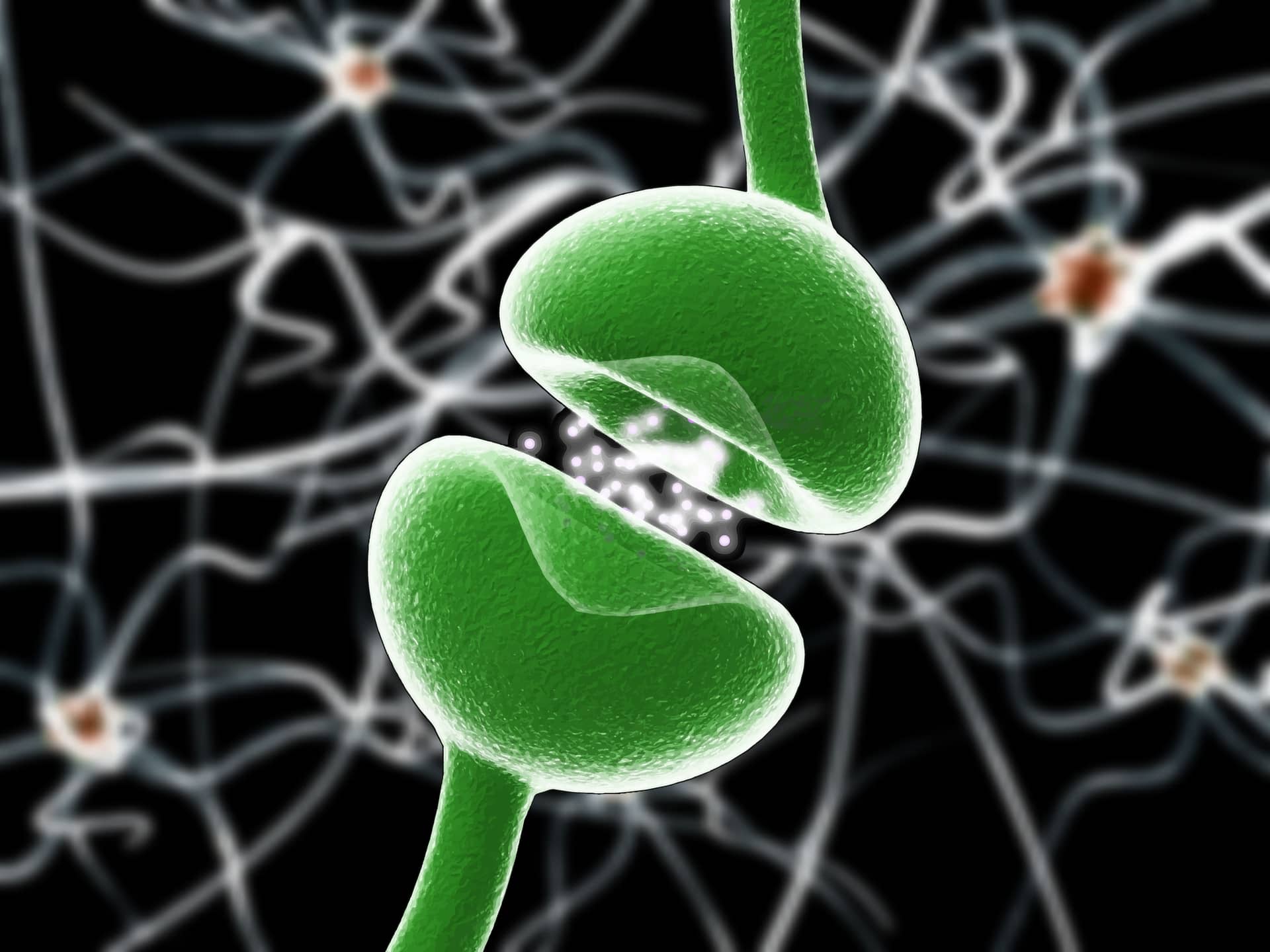
But it’s not.
Waning energy and lack of motivation could be symptoms of a deficiency of an essential neurotransmitter. It’s a common thing that happens to people over 50.
If you’ve been feeling like the thrill is gone, read on for an illuminating explanation and how to reverse it.
The essential neurotransmitter I’m talking about is dopamine.
What Dopamine Is And Why You Need It
Dopamine is a feel-good hormone and a neurotransmitter, along with serotonin, endorphins and oxytocin. It’s sometimes called the “motivation molecule” because it’s associated with the pleasure-seeking and rewards part of the brain.A balanced amount of dopamine in the brain keeps you focused, energized and motivated. But dopamine levels can naturally taper off as the body ages.1 And falling levels contribute to a host of symptoms we’re tempted to pass off as simply “getting older.” But a long-term dopamine deficiency can lead to more serious problems. And conventional doctors tend not to test dopamine levels.
Signs of a Dopamine Deficiency
Low levels of this hormone can make it hard to concentrate and stay focused. It may also contribute to addictive behaviors, because people chase the thrill of dopamine they get from things like extreme sports, danger, sex and artificial stimulants.Other symptoms of a dopamine deficiency include:
- Mood swings
- Low motivation or apathy
- Fatigue
- Forgetfulness/brain fog
- Irritability and/or an inability to handle stress
- Low libido
- Inability to feel pleasure
- Depression and suicidal thoughts
How to Ensure Your Dopamine Levels are High and Healthy
If you suspect you or someone you love is suffering from a dopamine deficiency, you may want to see an endocrinologist or integrative physician and have your levels tested.There are simple steps you can take to boost your dopamine levels and ensure they stay balanced and healthy.
One way is through diet. Increase your intake of foods rich in tyrosine, an amino acid that acts as a building block for dopamine. Foods that can increase dopamine levels are. . .
- Meat, including poultry, eggs and wild game like buffalo and quail
- Shellfish, fish and seafood
- Raw cocoa powder or very dark chocolate
- Seeds and nuts
- Legumes
- Turmeric and curcumin
- Beets
- Leafy green vegetables5
- Zinc6
- Iron7
- Vitamin D8
- Aging produces a specific pattern of striatal dopamine loss: Implications for the etiology of idiopathic Parkinson's Disease. http://onlinelibrary.wiley.com/doi/10.1111/j.1471-4159.1992.tb09766.x/full
- The correlative triad among aging, dopamine, and cognition: Current status and future prospects. http://www.sciencedirect.com/science/article/pii/S0149763406000492
- Multiple modality biomarker prediction of cognitive impairment in prospectively followed de novo Parkinson disease. http://journals.plos.org/plosone/article?id=10.1371/journal.pone.0175674
- Dopamine deficiency contributes to early visual dysfunction in a rodent model of type 1 diabetes. https://www.ncbi.nlm.nih.gov/pmc/articles/PMC3891954/
- Dopamine deficiency, depression and , mental health. https://bebrainfit.com/dopamine-deficiency/
- Zinc regulates the dopamine transporter in a membrane potential and chloride dependent manner. https://www.ncbi.nlm.nih.gov/pubmed/19000913
- Brain iron and dopamine receptor function. https://www.ncbi.nlm.nih.gov/pubmed/6138953
- Vitamin D3: A role in dopamine circuit regulation, diet-induced obesity, and drug consumption. https://www.ncbi.nlm.nih.gov/pmc/articles/PMC4875352/
